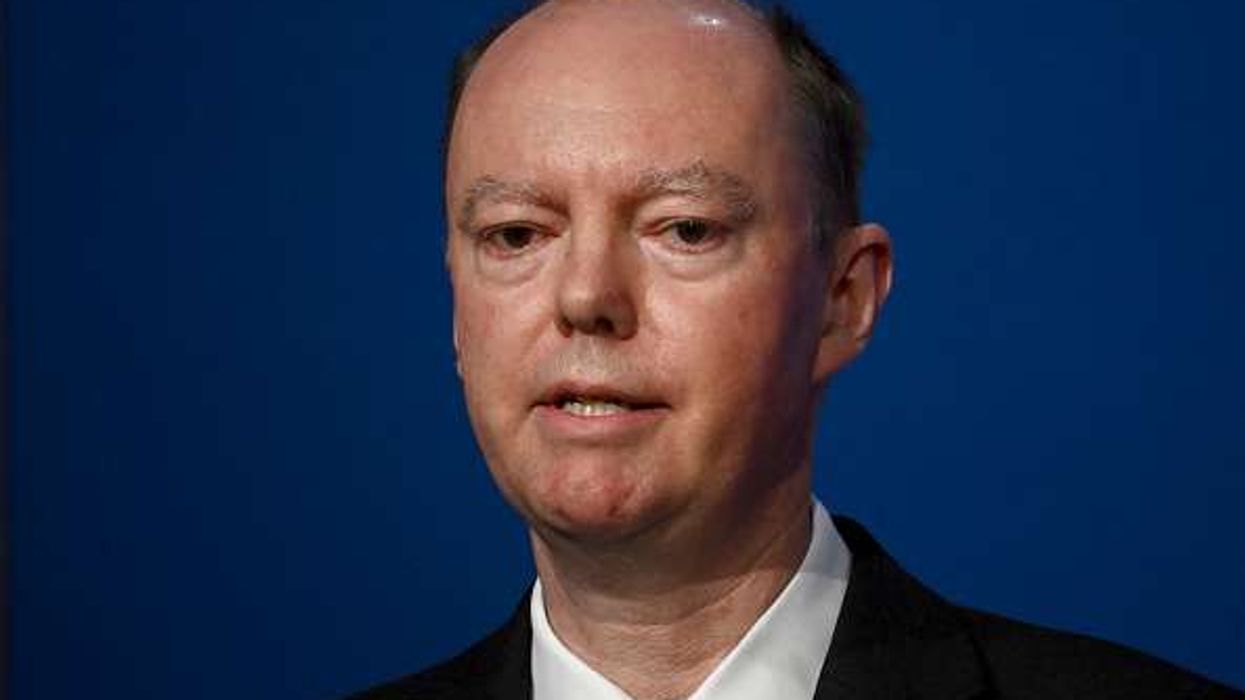The Department of Health and Social Care has issued a Serious Shortage Protocol (SSP) in response to a significant ongoing disruption to the supply of Paracetamol 120mg and 240mg suppositories.
Effective from Tuesday (Jan 25), SSP015 provides that for every Paracetamol 120mg or 240mg suppository originally prescribed, one Paracetamol 125mg or 250mg suppository must be supplied.
SSP015, authorized by the Secretary of State, has been developed by clinicians and provides pharmacists with procedures to follow in providing either of these suitable alternative products to help reduce the number of patients having to return to their prescriber for a replacement prescription.
| For prescriptions (NHS or private) requesting: | Supply permitted under SSP015: |
| Paracetamol 120mg suppository or Paracetamol 240mg suppository | Paracetamol 125mg suppository or Paracetamol 250mg suppository |
The SSP may be amended or revoked at any time but currently expires on 18 February 2022 – PSNC will update contractors on any changes.
PSNC has highlighted the below key points relating to SSP015:
• Ensure that patients considered unsuitable for inclusion are promptly referred to their prescriber for further advice.
• The supervising pharmacist should ensure that the patient’s prescriber is notified when supplying a patient in accordance with this SSP
• The supervising pharmacist should refer back to the prescriber if their professional judgement determines that the patient is not suitable to receive the marginally stronger medicine in accordance with this SSP.
Pharmacists must exercise their professional judgement to ensure the alternative products are suitable for the patient.
Contractors will receive an email to their shared NHSmail account informing them of this SSP and pharmacy teams are advised to read the documentation for SSP015 in full and to implement the protocol with immediate effect.











